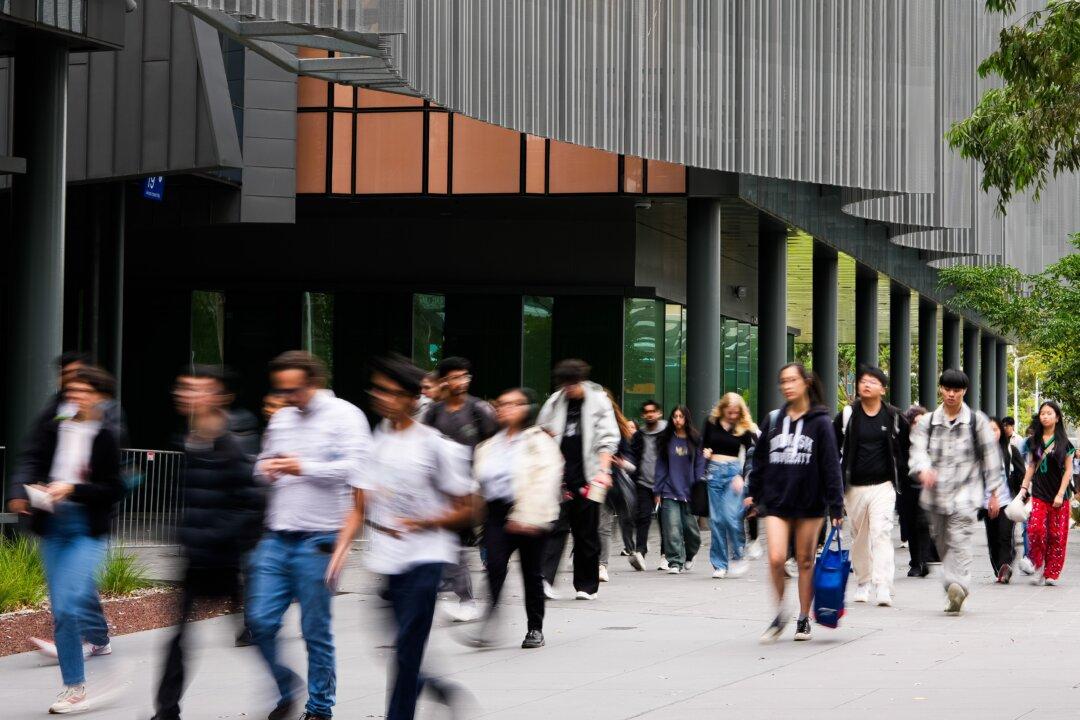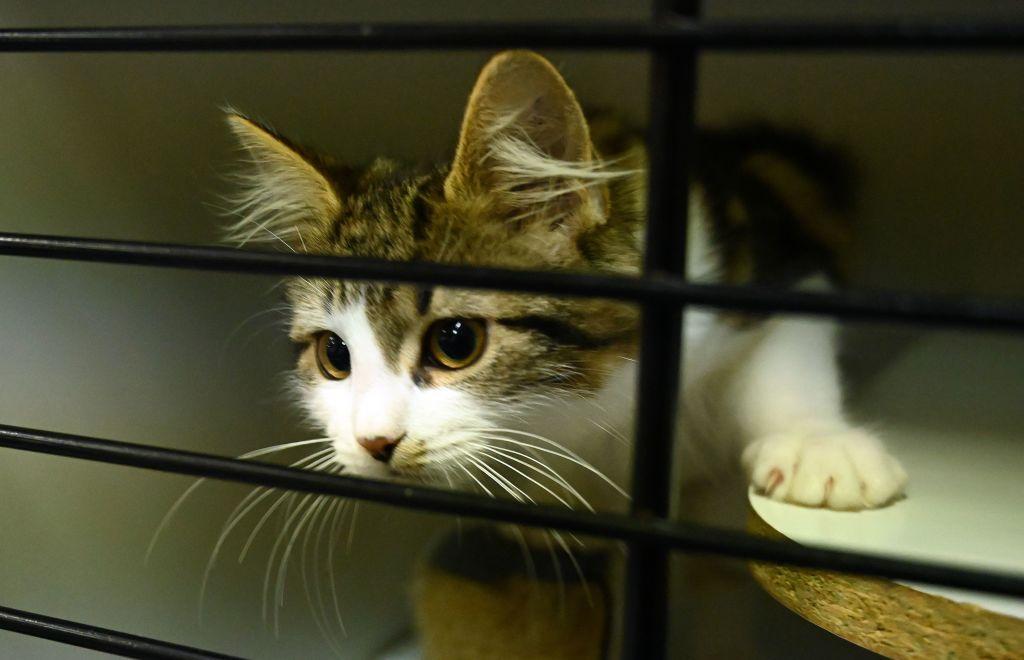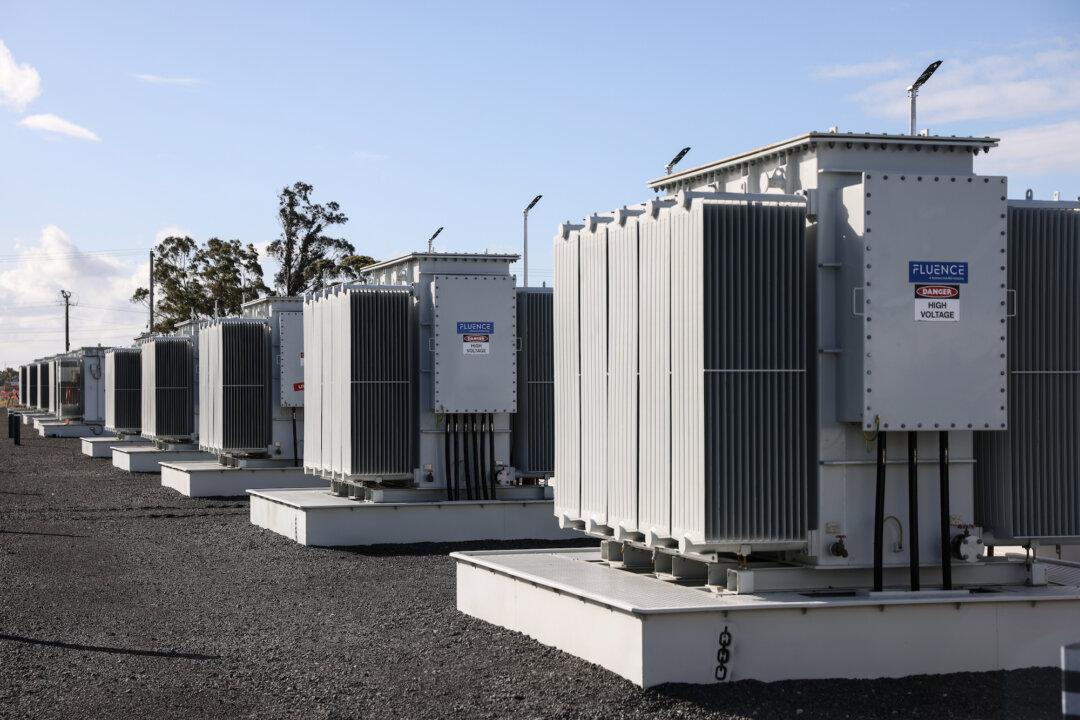With the Australian federal election approaching, Opposition Leader Peter Dutton has ramped up his plan to reduce international students in Higher Education and Vocational Education Training (VET).
In the past, Dutton has criticised the amount of international students in Australia as a key contributing factor to the housing crisis and suggested a nationwide cap.




